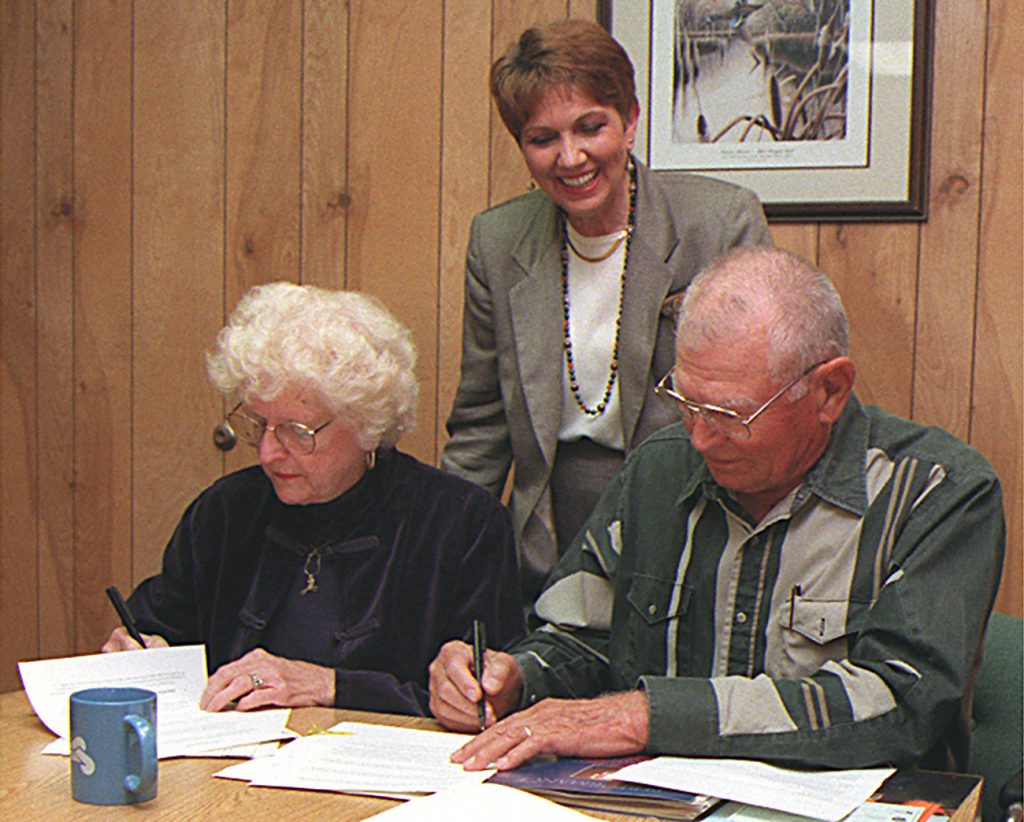
Keeping Important Papers
by Samantha Kennedy, UF/IFAS Extension Wakulla County
In 2005, I applied for a United States passport. As part of the application process, I had to provide an original copy of my birth certificate.
Luckily, I knew exactly where it was and could put my hands right on it. Why? Because I organize and maintain my important papers so they do not get misplaced or accidentally discarded.
What is an Important Document
There are many types of important papers, from financial statements and identity documents to wills, deeds, and health records. While they all need to be handled with care, they are not all handled the same way. Where they should be stored and how long they need to be kept depend on the type of document.
There are two general categories of important papers: those needed day-to-day and those needed only occasionally. Things like driver licenses, credit cards, insurance cards (health and auto), health records, and bank account records are used quite frequently and should be kept in a secure but easily accessible location.
Documents such as wills, deeds, living wills, birth, death, and marriage certificates, and insurance policies are not needed as often and can be difficult and time-consuming to replace if lost. A safe deposit box is the best place to keep these types of papers, but if that is not possible a fireproof, waterproof lockbox or home safe is the next best thing.
Some important documents are stored electronically. If this is the case, they should be backed up in more than one place and the storage devices (e.g. portable flash drives) should be kept in a secure place.

How long Should I Keep Documents
How long should important papers be kept? Again, it depends on the type of document. Here is a brief list of retention times for common types of records:
Bank statements – 2 years
Credit card statements - Until paid, unless purchases are reflected in personal property inventory, then keep permanently
Education records – Permanently
Health records – Permanently
Tax returns – 3 to 6 years
Insurance policies – Until collected or expired, update as necessary
Personal documents (birth/death certificates, marriage license, divorce decrees, Social Security cards, military records, etc.) – Permanently
Wills – Permanently, update as needed
Stop Identity Theft
Because of identity theft potential, it is very important to discard important papers appropriately by shredding or safely burning them. I also recommend shredding any credit card offers received in the mail to reduce the risk of someone else completing the application under a false name.
It is also important to make appropriate preparations for important papers during emergency situations. Obviously, it is not practical to bring a heavy safe along during an evacuation. However, a heavy-duty lockbox or accordion file can be more mobile. Wrapping the box or file in a thick trash bag will help keep it protected from possible water damage. Keep the file close by at all times during an emergency so they do not get misplaced in the chaos.
We often take our important papers for granted until it is too late. Taking some time now to organize, catalogue, and properly store important papers will make things easier when they are needed later on.
For a more comprehensive list of document retention recommendations, storage suggestions, or emergency preparedness, please call Samantha Kennedy at the UF/IFAS Wakulla County Extension office at 850.926.3931.
 0
0
